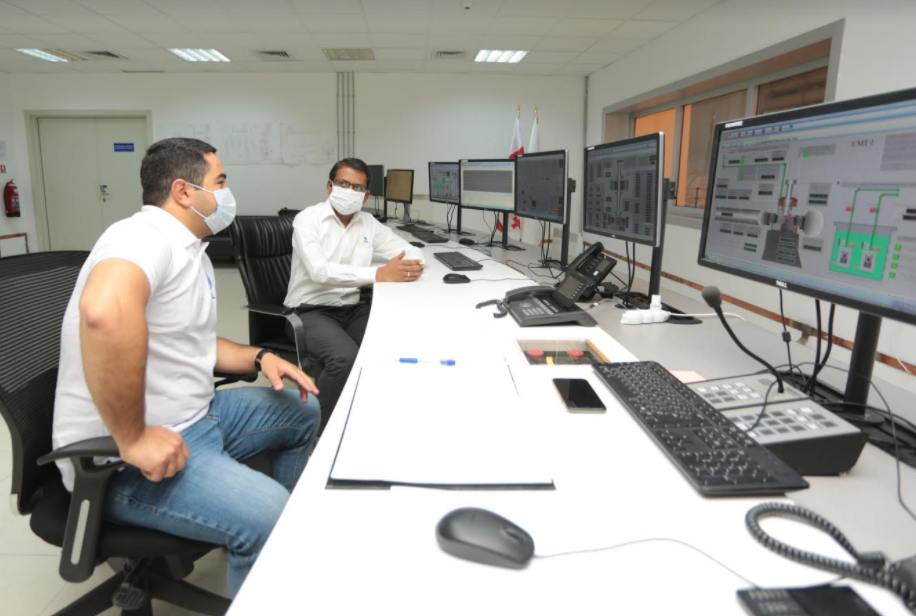Rakesh Naik, COO of AGL: Shuakhevi HPP is Operating Successfully Thanks to the Important Contributions of Young Georgian Engineers
Rakesh Naik is the COO of Adjaristsqali Georgia LLC (AGL). Before coming to AGL, he spent a long and successful career at one of India’s most well-known brands, TATA Power.
For the last several months, he has been working with Georgian engineers and managing the operation of one of the largest and most important energy projects in the history of independent Georgia – the Shuakhevi Hydropower Plant (HPP). He spends his days at the Shuakhevi HPP worksite and his evenings and weekends among local residents. Rakesh believes that as part of building an energy project, it is important that each local experience the benefits that such projects bring for the long-term economic development of the region.
Mr. Naik, does Georgia have the potential to achieve energy independence? What role will the Shuakhevi HPP play in that process?
Georgia has significant energy potential. Utilizing this potential will reduce the country’s dependence on imported electricity over the long term while fully meeting consumer demand. Hydropower will play a leading role in this process, but other sources of renewable energy such as solar, wind, and thermal energy need to be fully exploited as well.
The Shuakhevi HPP is one of the most important projects to be implemented in Georgia over the past few decades. The Shuakhevi HPP will reduce Georgia’s dependence on imported power and increase domestic generation of electricity.
While increasing domestic power production reduces Georgia’s dependence on imported electricity, developing energy projects like the Shuakhevi HPP also has numerous other benefits. In terms of economic benefits, they increase the country’s GDP. On the local level, they generate jobs, make important contributions to the budget in the form of property taxes, and promote long-term regional development. In terms of environmental benefits, these projects help combat climate change by reducing carbon dioxide emissions. To ensure that these benefits are achieved, all energy projects need to be in compliance with the highest social and environmental standards at every stage of development.
A lack of qualified local staff in the energy sector remains an important issue. To what extent are Georgian engineers represented on your team?
90% of the Shuakhevi HPP team consists of Georgian engineers. I have enjoyed working with them and have been very impressed by their skill level and the quality of their work. Many of them joined the team during the construction phase. Some of them joined us after participating in the internship program we have been conducting for several years in conjunction with Georgian Technical University. Other engineers joined the project after several years of experience working for various other projects.
Our team of Georgian engineers is currently managing the project. We provided some of them with additional training in India at one of Tata Power’s other energy projects. All engineers at the Shuakhevi HPP are constantly participating in ongoing professional development and training with both theoretical and practical courses.
Where do you believe Georgia stands right now in the development of its energy field, and which country would you compare it to?
In terms of energy development, I would say that Georgia is following a similar course as Baltic and Eastern European countries such as Bulgaria. I would say it most closely compares to Lithuania five years ago.
In trying reach Georgia’s goals of energy independence and safety, there will be many challenges. That being said, achieving these goals can be possible through collaboration and partnerships between the state and the private sector. At the same time, high standards of environmental and social policy will be crucial during the construction and operational phases of all projects. Through public-private partnership and adhering to high social and environmental standards, I believe that Georgia will succeed in achieving energy independence by making the most of its energy resources.


